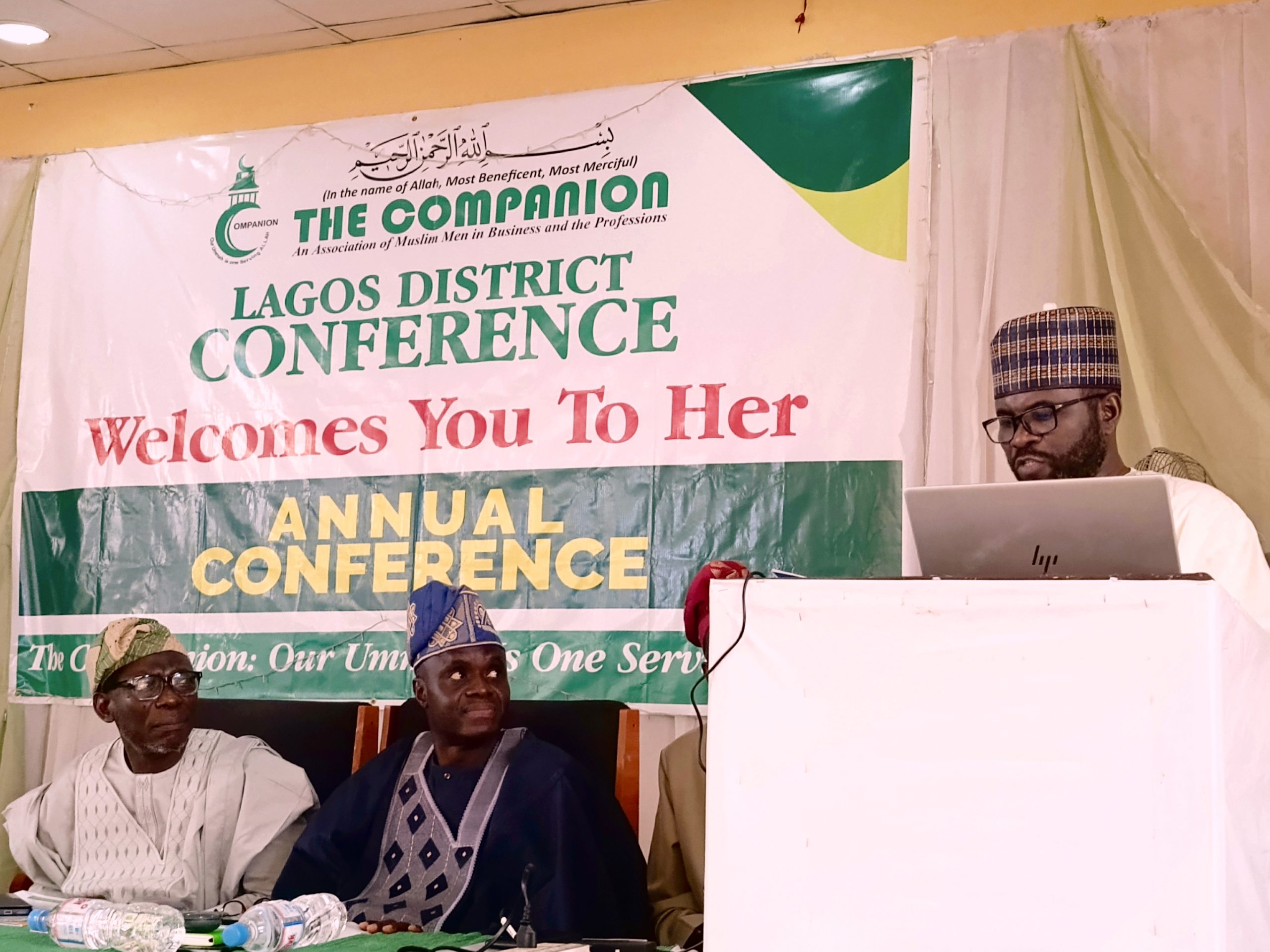A leading medical professional has called for a stronger ethical approach to organ donation in Nigeria, urging citizens to embrace donation as an act of compassion rather than a commercial transaction. The appeal was made during the recently held National Conference of The Companion, an association of Muslim professionals, where experts and stakeholders gathered to deliberate on rising ethical and societal concerns around organ donation and trafficking in the country.
Speaking at the well-attended event, which brought together Islamic scholars, health practitioners, legal experts, and policymakers, the medical doctor cautioned against the growing trend of monetizing organ donation. He stressed that organs should be given freely to save lives, not sold for profit, warning that commercialising human organs undermines both Islamic moral teachings and fundamental medical ethics.
According to the speaker, the act of donating an organ, particularly a kidney or part of the liver, is a noble and life-saving gesture, one that should be grounded in sincerity, altruism, and faith. He noted that Islam permits organ donation under specific guidelines, provided the act is aimed at preserving life and is done without any form of coercion or financial gain. He further highlighted that selling organs not only exploits vulnerable populations but also fuels a dangerous black market that often leads to irreversible harm and even loss of life.
The conference served as a timely intervention amid growing concerns over organ trafficking networks in parts of Nigeria, where reports of illegal transplants and exploitation of the poor have raised alarm. Participants at the conference emphasized the urgent need for public awareness, strict regulation, and religious guidance to protect both donors and recipients from unethical practices.
Organized under the theme of ethical leadership and societal reform, the event provided a rare platform for Muslim professionals to examine contemporary medical and legal dilemmas through the lens of Islamic values. It also encouraged inter-sectoral collaboration to promote ethical standards in critical areas such as healthcare, governance, and social welfare.
As the discussions concluded, there was a resounding call for institutions—both religious and medical—to play more proactive roles in sensitizing the public on the difference between legitimate organ donation and illegal trade. The Companion, known for its advocacy on ethical and professional excellence among Muslims, pledged to intensify education efforts on the sanctity of human life and the moral boundaries that must not be crossed in pursuit of health solutions.

